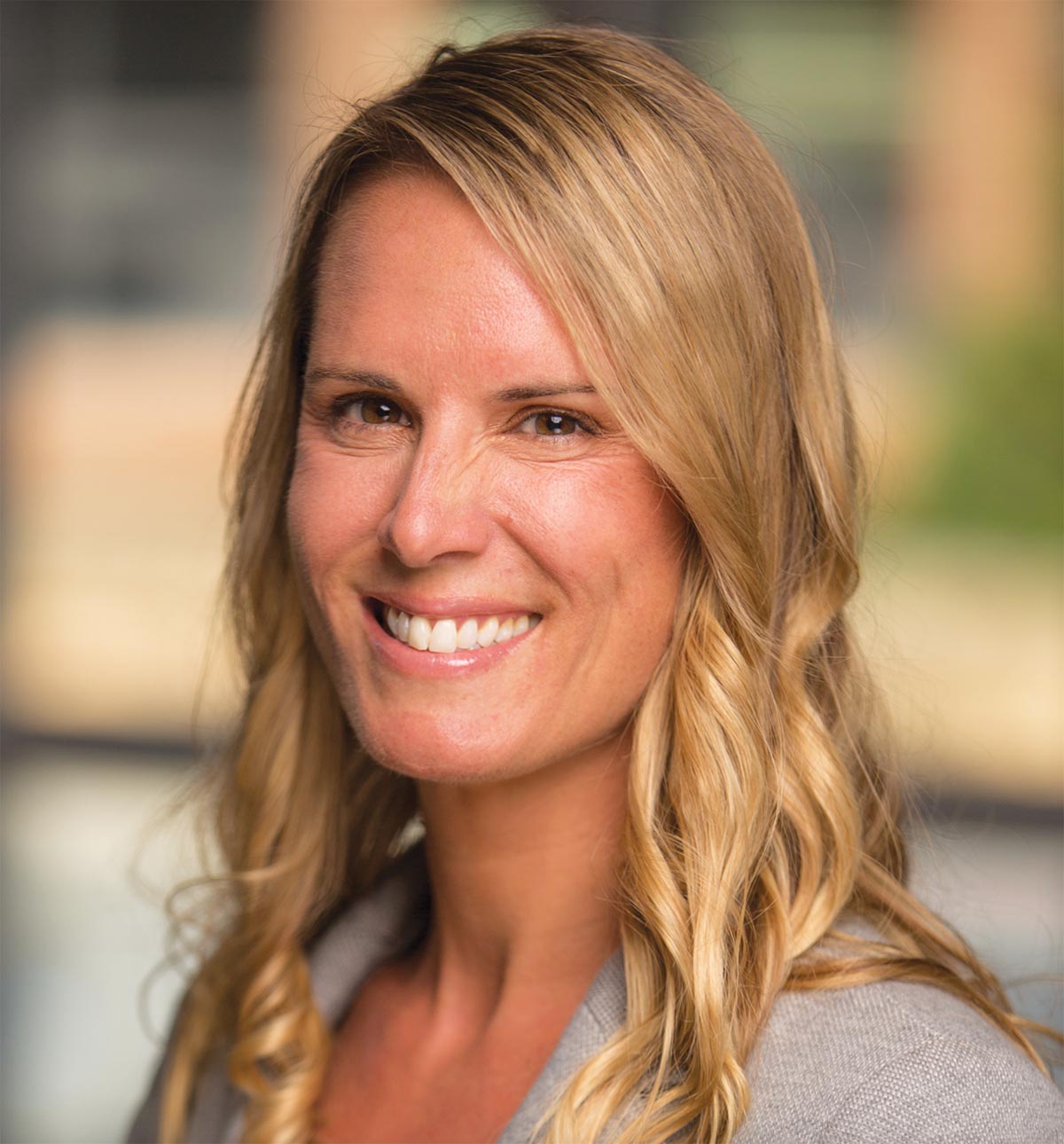Following the death of George Floyd in May 2020, I found myself surrounded by oncology nurses who recognized the need for immediate action to understand and deconstruct racism, and I began collecting resources to offer continuing education about the effects of racism on cancer outcomes and actions nurses can take to support health equity and diversity in the workforce. Under the mentorship of ONS Past President Mary Gullatte, PhD, RN, ANP-BC, AOCN®, FAAN, I was charged by ONS to co-lead, with ONS member Randy Jones, PhD, RN, FAAN, a national team of ONS cancer disparities and health equity researchers to update the ONS Research Agenda.

We identified the need to name, recognize, and acknowledge racism, which is deeply embedded in our healthcare system, oncology research, and the nursing profession. The team focused on initiatives to establish a new pipeline of oncology nurses and interventions for those who are already part of the oncology workforce. We discussed the critical need for the workforce to make changes at the personal and institutional level, such as learning how to identify and interrupt microaggressions and how bias and policies harm and prevent career advancement for Black, Indigenous, and People of Color (BIPOC) nurses. We held candid conversations about transforming the oncology nursing workforce into an inclusive environment, one where BIPOC nurses can thrive as their authentic selves and is inviting and supportive to enrolling nursing classes that are racially and ethnically representative.
Nurse scientists must implement and test strategies to (a) increase the current workforce’s understanding of racism and how it is supporting inequities in our workforce and in patient outcomes and (b) mentor and support career advancement for BIPOC nurses. Those can be done in partnership with diverse nursing and interprofessional organizations that establish pipeline programs to reach the next generation of the nursing workforce early. White faculty, leaders, and nurses must also learn how to thoughtfully and effectively mentor BIPOC nurses and lead antiracism initiatives so that we don’t overtax our current BIPOC nurses who are asked to serve on multiple committees, mentor multiple students, and lead multiple diversity initiatives, which can further perpetuate barriers to career advancement.
Nursing talks a lot about representation in health care and the importance of patients having nurses who look like them, come from similar backgrounds, and have had shared culture and experiences. Although important, the problem is much bigger than patient-nurse racial concordance at the interpersonal level.
Lack of representation is operating at a system level. The field of nursing is predominantly White, with about 80% of nurses self-identifying as such, meaning that oncology nurses are attempting to address health disparities from a mental model informed by White-lived experiences, viewpoints, and limited understandings of how racism affects specific nurse and patient populations daily at multiple levels. Deconstructing racism requires interprofessional collaboration across the health system, and effective approaches will be different based on social locations, personal identities, and professional positions.
I’m hopeful for the future. Nurses are committed to the endeavor, and those from all races, backgrounds, and perspectives will lead the way in achieving favorable work cultures and equity for all oncology nurses and health equity across populations in our country.






